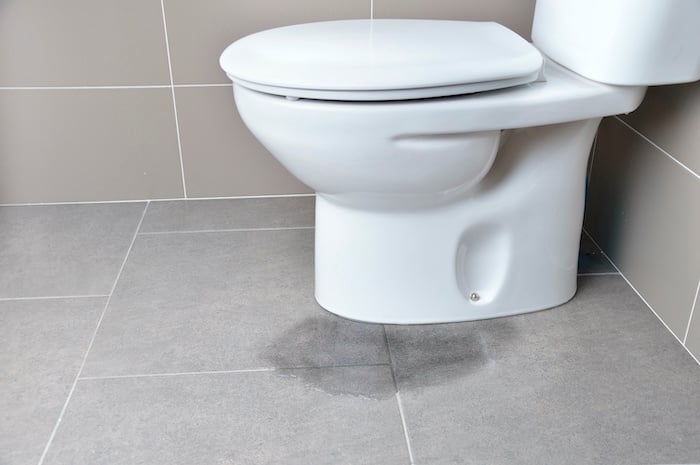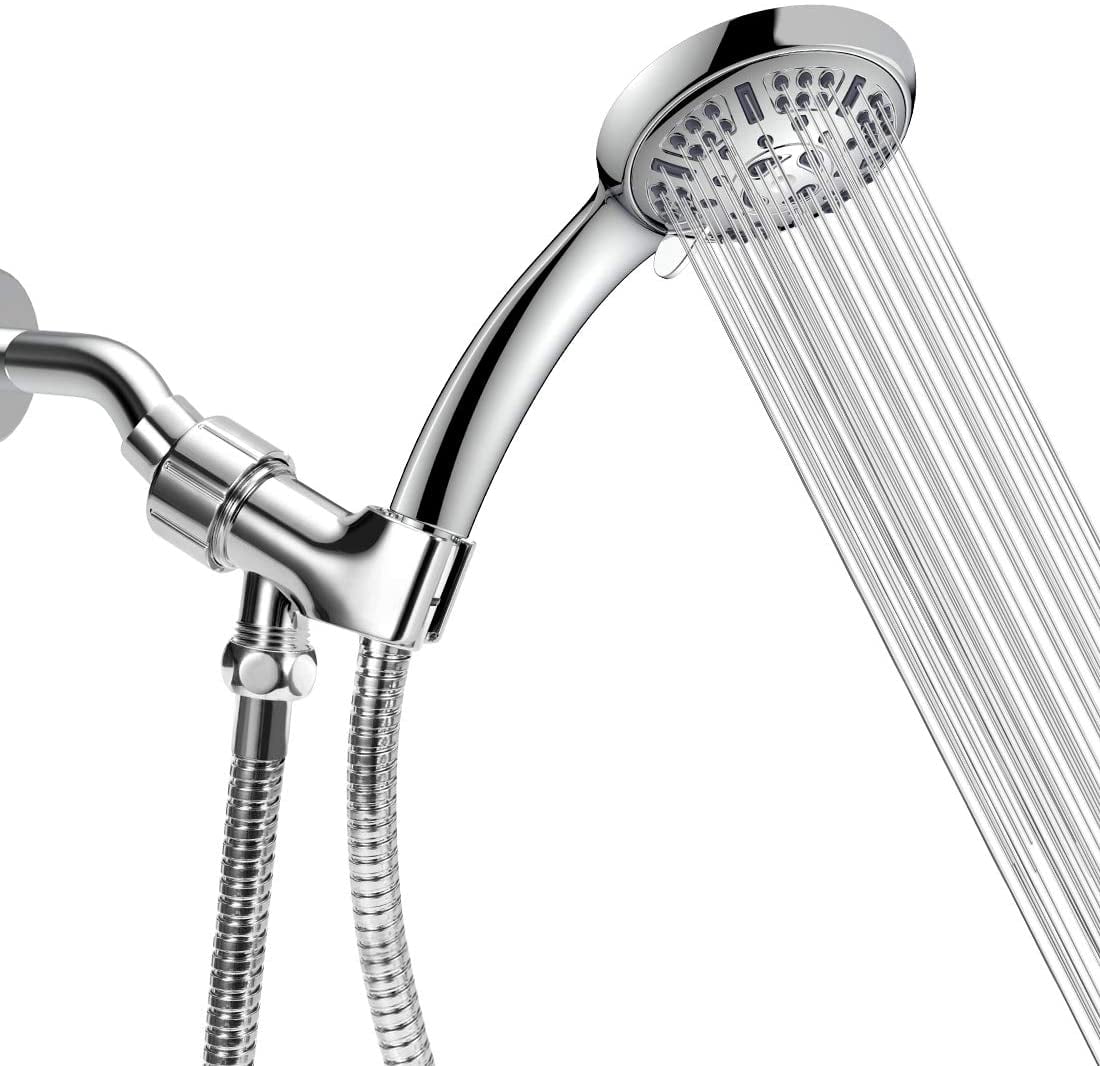5 Routine Water Leak Causes
5 Routine Water Leak Causes
Blog Article
Do you find yourself looking for help around Reasons for Water Heater Leaks?

"Be cautious of little expenditures. A tiny leakage will certainly sink a wonderful ship." - Benjamin Franklin.
He couldn't have been more right since water leakages in our houses lead to a waste of resources, enhancing our water expenses. Although this boost might appear negligible at first, it can bring about considerable expenses that can damage your bank. Besides an increase in expenses, water leaks additionally trigger undesirable organic development, structural damages, and also electric risks.
Determining if you have a water leakage isn't constantly simple as a result of being unable to see the majority of the pipework in your home. However, If you have had a rise in your water bills lately, noticed water stains on ceilings and also wall surfaces, smelt lousy smell, and so on. You might intend to take into consideration asking for plumbing services to get it had a look at.
There are several causes of water leakages, and we have actually put together the common factors below. Examine to see if you have had associated concerns in your house lately.
Deteriorated pipeline joints
Pipe joints are the parts of our plumbing system where the pipes attach. They are the weakest factor of our plumbing system. Therefore, they are a lot more at risk to damage. It is necessary to note that even though pipes are created to hold up against pressure as well as last for some time, they weren't made to last forever; consequently, they would certainly wear away over time. This wear and tear might cause fractures in plumbing systems. A typical indication of damaged pipe joints is excessive noise from faucets.
High water stress
You noticed your house water pressure is more than usual but after that, why should you care? It's out of your control.
It would certainly be best if you cared because your ordinary water pressure must be 60 Psi (per square inch) as well as although your house's plumbing system is developed to endure 80 Psi. A rise in water pressure can place a strain on your residence pipes and also cause splits, or worse, burst pipelines. If you ever discover that your residence water stress is greater than common, get in touch with a professional regarding controling it.
Corrosion
As your pipework gets older, it obtains weak and more vulnerable to rust after the constant passage of water via them, which can gnaw at pipelines and trigger cracks. A noticeable sign of corrosion in your house plumbing system is discoloration and although this might be tough to discover due to many pipelines hidden away. Once they are old to ensure a sound plumbing system, we encourage doing a frequent check-up every few years and change pipes
Blocked drains pipes
Food particles, dirt, as well as oil can create clogged drains pipes as well as obstruct the passage of water in and out of your sink. Boosted pressure within the seamless gutters can end and also cause an overflow up cracking or bursting pipelines if undealt with. To avoid clogged up drains in your home, we encourage you to prevent pouring bits away and also regular cleansing of sinks.
Damaged seals
Another source of water leakages in residences is damaged seals of residence appliances that use water, e.g., a dish washer. When such appliances are mounted, seals are installed around water ports for very easy passage of water with the maker. A busted seal can create leakage of water when in usage.
With little or no understanding of plumbing, understanding your home's plumbing system enough to repair a few of these issues (without repercussion) can be an inconvenience. Contact plumbing specialists in Pittsburgh, Divine Superintendence, Rochester, and also environ today, and also they'll make those concerns go away.
He could not have been more right because water leakages in our houses result in a waste of resources, increasing our water costs. If you have had a rise in your water expenses lately, saw water stains on ceilings and also wall surfaces, scented poor odor, etc. An increase in water stress can put a pressure on your residence pipelines and also lead to fractures, or worse, burst pipes. An additional cause of water leakages in homes is broken seals of residence appliances that use water, e.g., a dish washer. When such devices are installed, seals are installed around water ports for simple flow of water via the equipment.
5 TIPS IN DETECTING A WATER LEAK IN YOUR HOUSE
Water leaks can be hard to find in your home, yet they can be so common. We rely on water every day in our home, which is why a leak can cause big problems. By detecting them early, you can save money and further damage, getting the problem fixed as soon as possible. Here are 5 tips to help you detect a water leak in your home, so you can contact a plumber straight away and get the issue sorted.
Check your water meter
Many people underestimate the value of the water meter in their home. It can be one of the best ways to tell if you have a leak early on, so you can get on top of it before issues start arising. Start by turning off all the water in your home: taps, washing machine, dishwasher, etc. Now take a look at the meter – if it’s still changing with everything turned off, it’s likely you have a fast-flowing leak that you need to get on top of straight away. If nothing changes, then leave your meter for an hour or two and come back to it. Did it change in this time? It’s likely you have a slower leak, which isn’t as urgent but still handy to get fixed so it doesn’t become a bigger problem.
Keep an eye on your bill
Another good way to detect a leak in your home is by keeping an eye on your water bill. It helps if you have a past bill from the same period of time. You can compare like for like and determine whether your water usage has increased significantly. If it has, there may be a leak in your system that you haven’t picked up before. A professional plumber can check through all of your pipes and determine where it is coming from.
Look for damage
If you have a leak inside your home, you will notice damage over time. Take a look at your showers and bathtubs and note whether any of the tiles surrounding the area seem to be discoloured or damaged in any way. There may be water stains, mould or peeling material that has resulted from a build up of moisture over time. Make sure you take a look under sinks at the back of cupboards that don’t get accessed regularly. This is where damage can go unnoticed and build up over periods of time.

As a fervent person who reads about Common Causes of Water Leaks in the Home, I assumed sharing that piece of content was a great idea. You should take a moment to promote this page if you liked it. Thanks a lot for taking the time to read it.
Expertise? One call away. Report this page